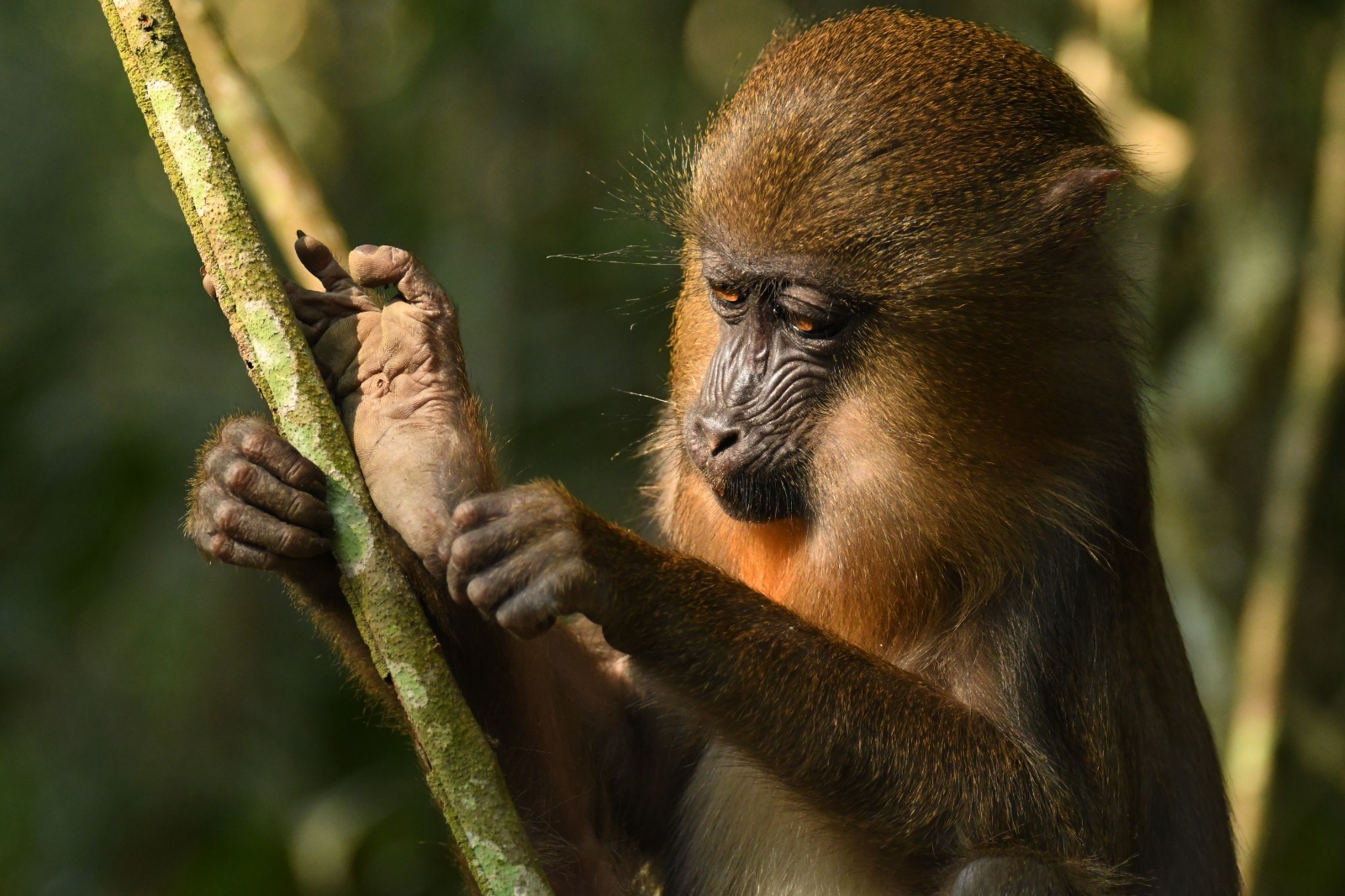The Mandrillus project (www.projetmandrillus.com) studies the socio-ecology of the world's only habituated population of wild mandrills (Mandrillus sphinx). The population lives in a mosaic of savannahs and equatorial forests in southern Gabon (Parc de la Lékédi). Since 2012, researchers, students and field assistants have been collecting invaluable daily data on the lives and ecology of the mandrills through long-term, individual-centered monitoring of social behaviors, demographics, group movements and environmental data. In addition, daily sampling of non-invasive biological data is used to monitor individual health and physiology, and to establish genealogical data through genetic paternity analyses. By 2023, the group numbered around 350 individuals of all ages and both sexes, all recognized and accustomed to human presence. Over the years, we have obtained unique information on the life-history traits of these individuals, including a database of face photos, a complete pedigree of the population and detailed individual-centered data.
The evolution of sociality is at the heart of our research and as part of the Mandrillus project, we are developing innovative studies in behavioral ecology, with major advances in kinship selection (mandrills recognize their unknown relatives based solely on their voice: Levréro et al. 2015 Nat Comm), or on the relationships between parasitism and sociality (individuals avoid their infected conspecifics on the basis of body odors: Poirotte et al. 2017 Sci Adv).





